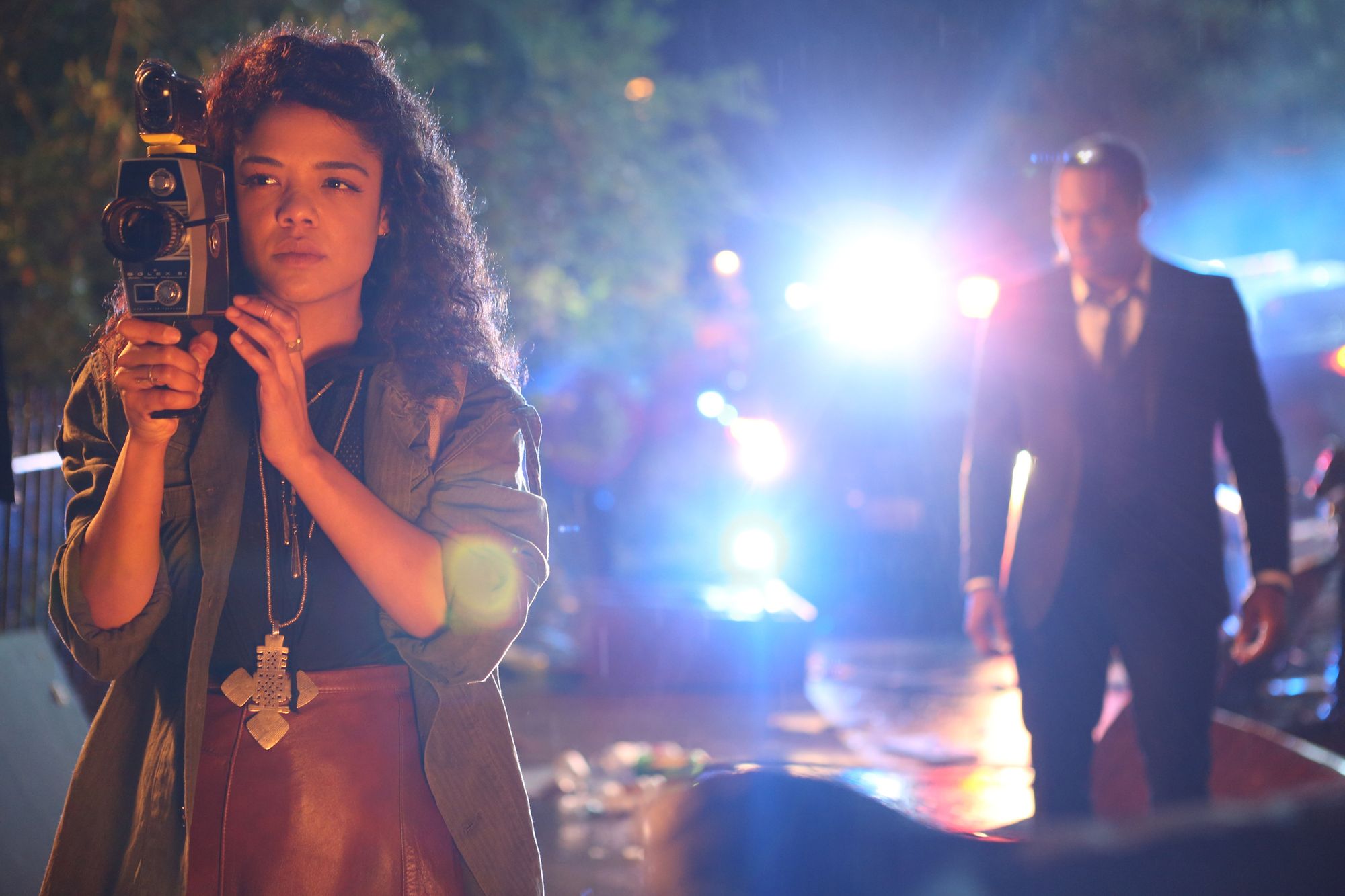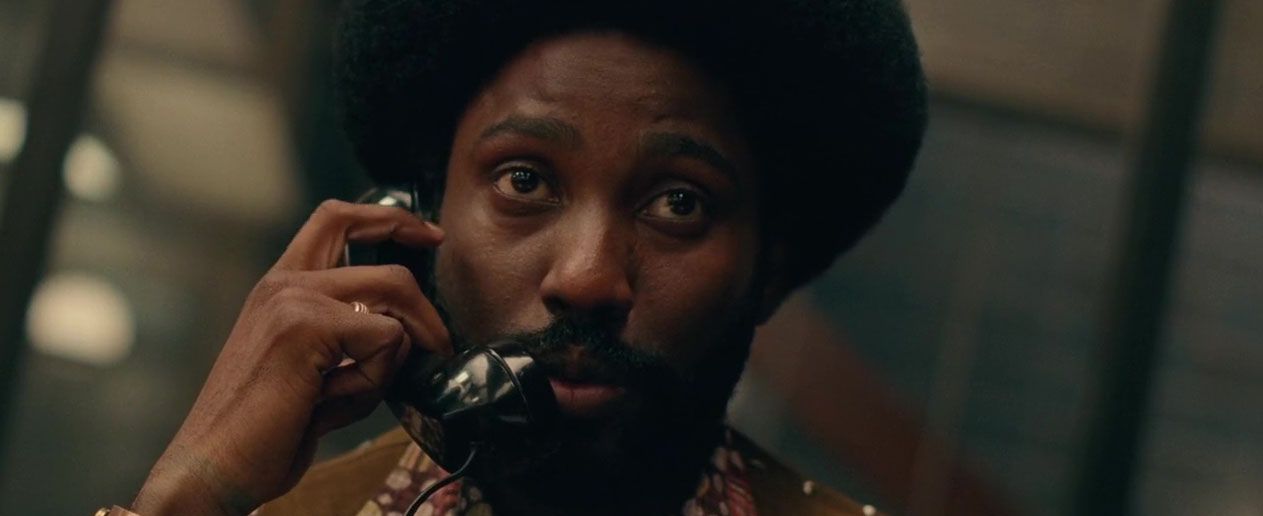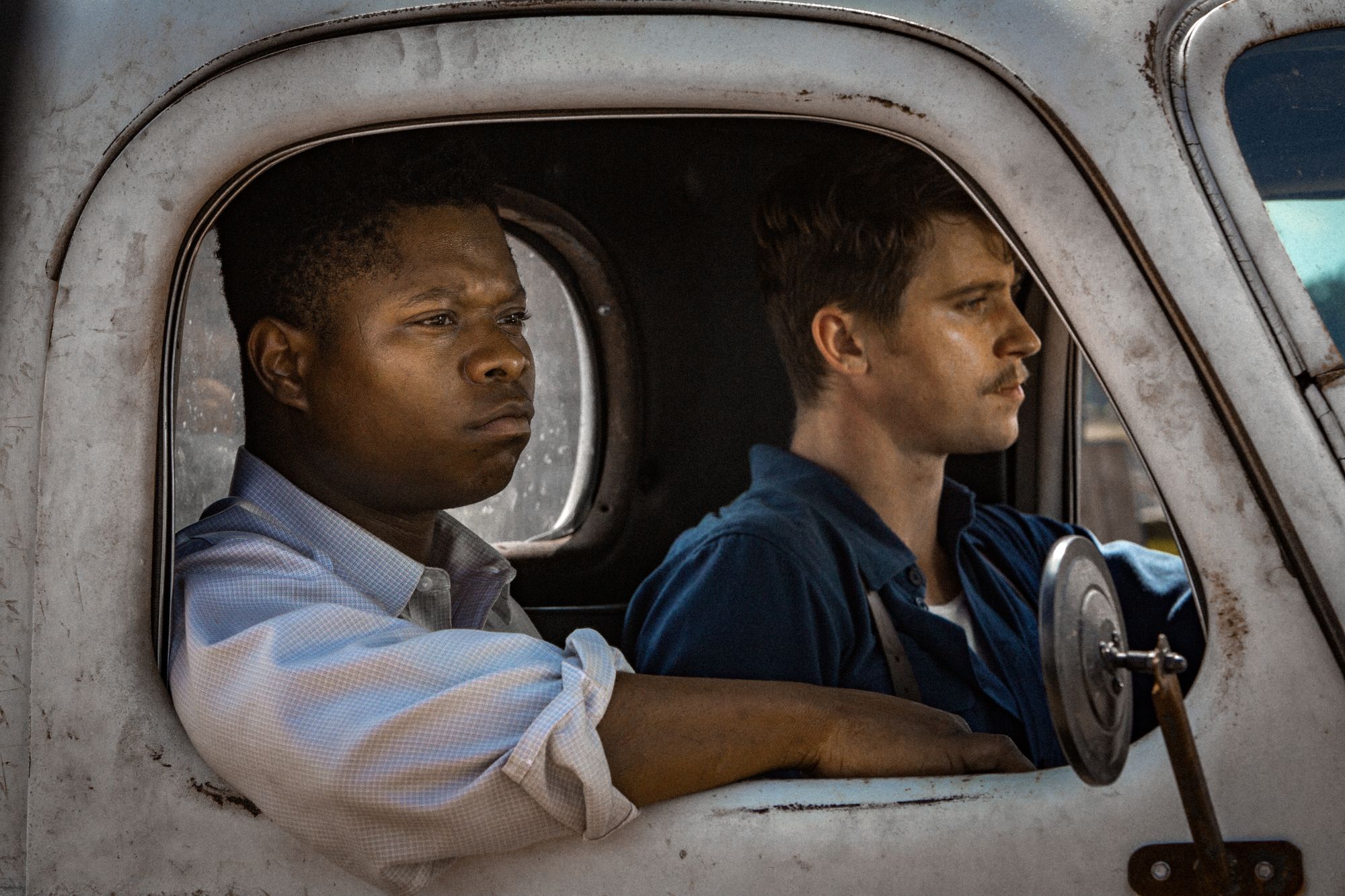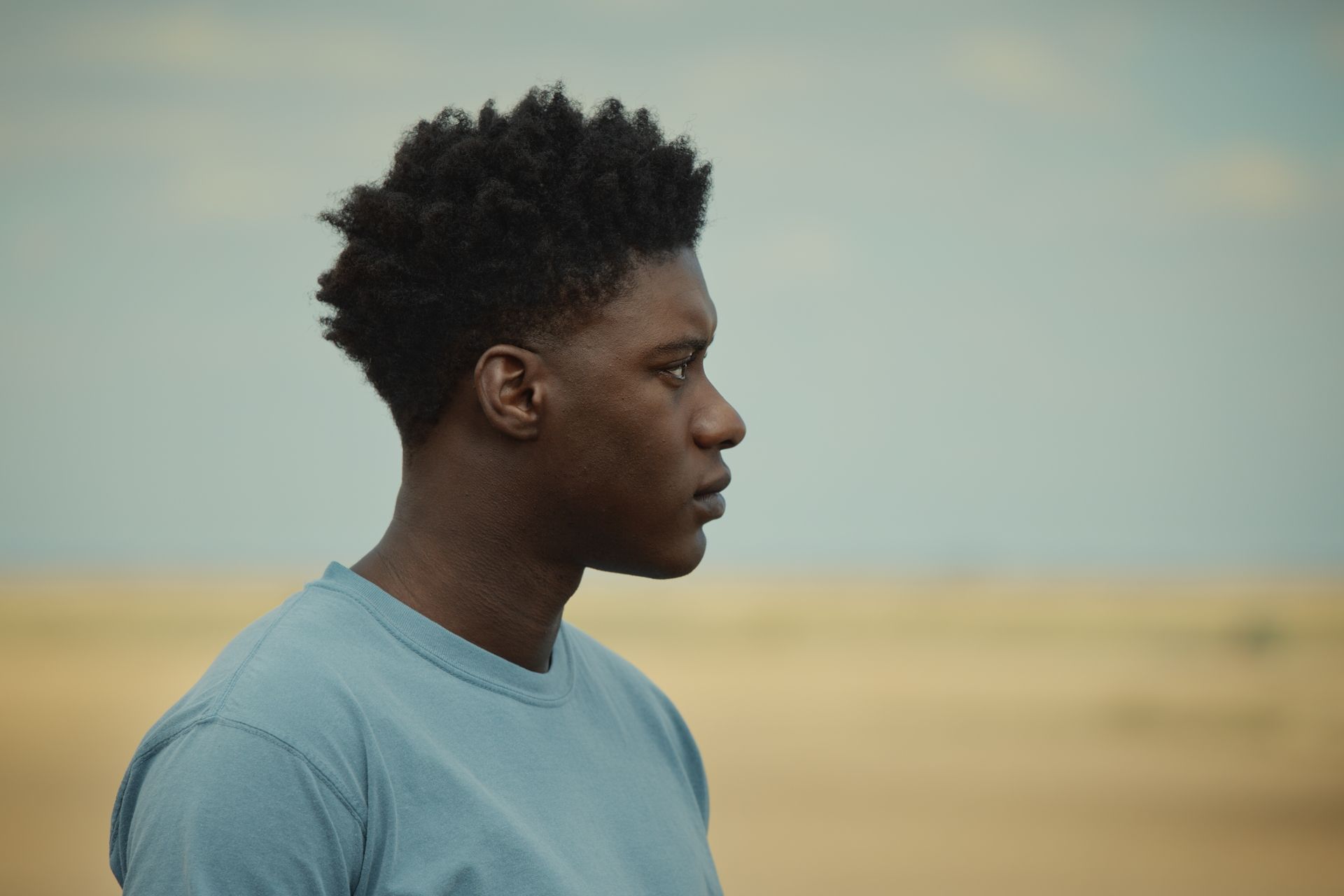It’s Black History Month! Here are our recommendations for some amazing films to watch to celebrate Black creativity and joy.

Dear White People (2014), dir. Justin Simien
Maddy Raven, Film & TV Editor
Part of the beauty of this film is that it lures white liberals in with a promising title, wherein they think that this will be a nice, easy education on race in America which continues to centre them and their experiences, and it hits them with the comic relief and barely-there sidekick roles (if any at all). The roles which we have side-lined Black actors and actresses to for years.
Dear White People is about the university experience and how it intersects with being Black in America: in a post-colonial education system, how can we possibly expect black students to feel as if they’re valued, and heard? This is the film that spawned the still-running Netflix series by the same name, but by far, I prefer the film. It covers compulsory whiteness, the experience of being black and queer, participation in activism when one is biracial, and turns the conversation inwards as well as outwards.
Dear White People pulls back the lid on racism and lays it bare for all to see
In academia, white essentialism is rife, and the characters in the film range from Black activists to those who are desperate to have a seat at the table and hope to win it by assimilating with standards of whiteness. All of this is handled deftly, and with copious amounts of comedy.
Racism in universities is widespread, but rarely spoken about. Dear White People pulls back the lid on this and lays it bare for all to see.

Blackkklansman (2018), dir. Spike Lee
Sam Vickers, Deputy Editor
John David Washington and Adam Driver are ‘70s police detectives leading an investigation in Colorado Springs to infiltrate and expose the local chapter of the Ku Klux Klan. One Black and the other Jewish, the two often face prejudice from their colleagues, and from the local hate group.
The film fluently blends action and comedy with moments of hilarity reliably punctuating the heavier action; with a runtime over two hours, the film is remarkably pacey and maintains this throughout.
Moments of hilarity reliably punctuating the heavier action
The film’s soundtrack is feature’s Terence Blanchard’s (a frequent collaborator with Spike Lee) powerful jazz trumpet heavily and was later released on vinyl following fan demand.
Accruing four Academy Award nominations, Spike Lee’s instant classic is an essential watch and a culturally significant film for this Black History Month.

Mudbound (2017), dir. Dee Rees
Katya Spiers, Digital Editor
To think of World War II is to consider immeasurable death and suffering. But what if your home life is so deeply entrenched with cruel racial prejudices that your time spent at war actually provides some reprieve?
This is the case for Ronsel Jackson (Jason Mitchell), the oldest son of a working-class Black American family, who returns home from war to rural Mississippi to find that the same merciless racists still rule the land.
A complicated depiction of what it meant to serve in the war as a Black American, and the racism that is deep-rooted in the land
Ronsel unexpectedly finds solace in Jamie (Garrett Hedlund), the brother of the power-hungry loser who owns the farmland that Ronsel's family works on. The film tells of the mutual experiences of these two veterans as they struggle to come to terms with their changed situations and deal with the realities of the trauma inherited in their service.
Mudbound is a complicated depiction of what it meant to serve in the war as a Black American, and the racism that is deep-rooted in the land, one whose legacy of prejudice and power continues long into the 21st century.

The Last Tree (2019), dir. Shola Amoo
Layla Nathan, Sub-editor
The Last Tree is a moving semi-autobiographical coming of age gem, directed by Shola Amoo.
The film follows the life of Femi (Tai Golding/Sam Adewunmi), a British boy of Nigerian heritage, throughout his childhood in foster care and his troubled teen years in London where he has to decide which path to take.
Identity is at the centre of this film, and Shola Amoo presents a very honest and moving story
Most poignant is Femi’s struggle with cultural separation and the constant tug of war faced by second-generation immigrants between the culture of family and the pressure to fit in with the world around you. Identity is at the centre of this film, and Shola Amoo presents a very honest and moving story surrounding it.
This film is a great watch for focusing on the issues of being Black and British, which is important due to the conversation of racial issues being so centred on America.
Featured: IMDb, Steve Dietl, Sundance Institute / Ashley Beireis Nguyen
Do you have any other films you'd recommend for Black History Month?







